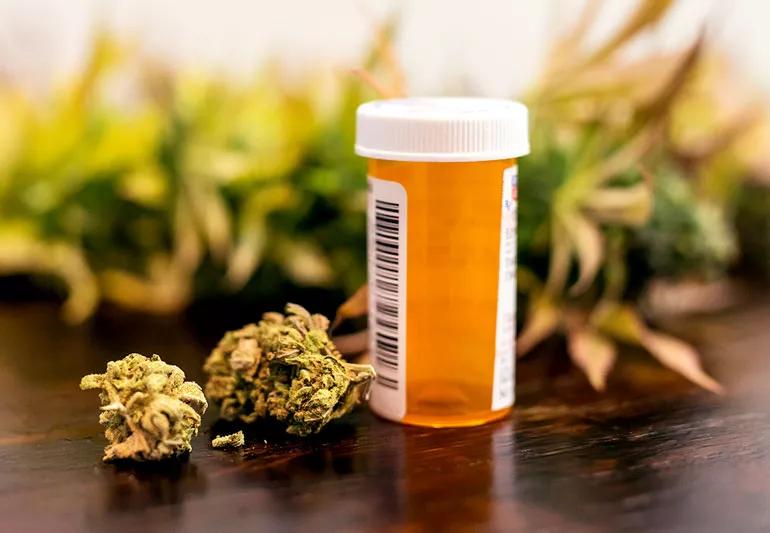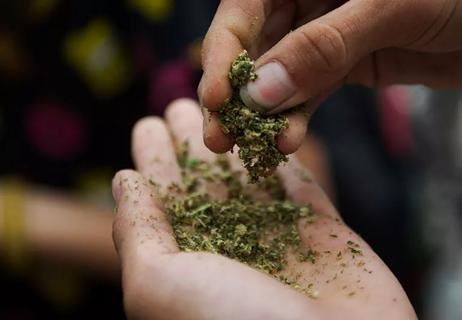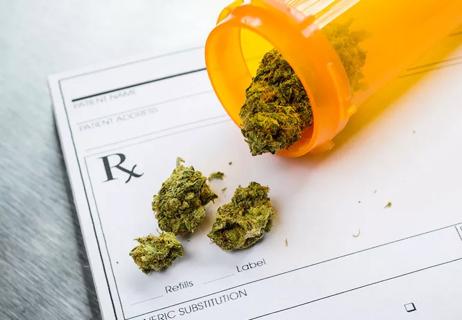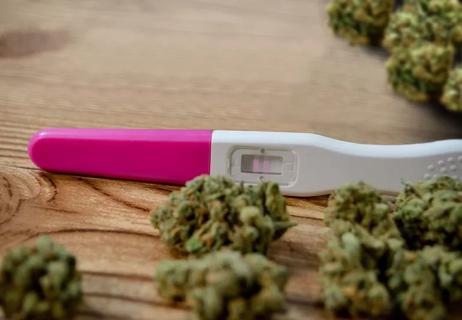Why our answer is ‘no’

Q: As more states legalize ‘medical marijuana’, should it be recommended for patients?
Advertisement
Cleveland Clinic is a non-profit academic medical center. Advertising on our site helps support our mission. We do not endorse non-Cleveland Clinic products or services. Policy
A: At Cleveland Clinic, we believe there are better alternatives.
In the world of healthcare, a medication is a drug that has endured extensive clinical trials, public hearings and approval by the U.S. Food & Drug Administration (FDA). Medications are tested for safety and efficacy. They are closely regulated, from production to distribution. They are accurately dosed, down to the milligram.
Medical marijuana is none of those things.
Laws that allow marijuana to be dispensed for medical conditions cover many specific health conditions, including AIDS, cancer, epilepsy, multiple sclerosis, severe or intractable pain, and ulcerative colitis.
Rather than relying on marijuana, we ― governments, regulators, medical researchers and pharmaceutical companies ― need to focus on research that isolates specific compounds found in marijuana, produces a dose-specific medication, and submits it to testing and regulatory processes.
Such FDA-approved products are already available (most recently for epilepsy) and more are in various stages of research and development.
In June, the FDA approved Epidiolex for treatment of seizures in two rare forms of severe childhood-onset epilepsy. It is the first FDA-approved drug to contain a purified compound ― cannabidiol (CBD) ― derived from marijuana. Previously, the FDA had approved dronabinol and nabilone, both of which contain synthetic versions of tetrahydrocannabinol (THC) to treat chemotherapy-related nausea and to increase appetite in patients with AIDS.
Advertisement
To be clear, there is a difference between medications and ‘medical marijuana’ in the popular sense of the term. In 2017, the National Institutes of Health supported 330 projects totaling almost $140 million on cannabinoid research.
These are the types of marijuana-derived medicines Cleveland Clinic supports and prescribes. Unfortunately, that’s not what will be sold through dispensaries. Products such as vaporizers, edibles, oils, tinctures and patches all lack uniform dosing specificity. The levels of THC or CBD can differ greatly from one dispensary to another or one batch to another. By contrast, an FDA-approved medication offers uniformity; a medication bought in Cleveland today will be the same medication bought in Cincinnati or Denver or San Francisco a year from now.
The federal and state governments should support drug development programs that scientifically evaluate the active ingredients found in marijuana that can lead to important medical therapies.
Patients deserve to know that whatever they are using to control their symptoms is safe and effective. And clinicians need to have confidence that a treatment will work as intended. As a healthcare provider our goal is to help patients, to treat their conditions, to improve their quality of life and to ease their suffering ― within the bounds of scientific evidence.
― Paul Terpeluk, DO, Medical Director, Employee Health Services
Advertisement
Learn more about our editorial process.
Advertisement

Sellers call it ‘light weed,’ but the health effects and safety are largely unknown

Because of a lack of research and possible side effects, cannabis isn’t recommended to treat mental health disorders

Synthetic isn’t always safer

An expert gives the latest updates about ongoing research

Pot may seem harmless, but it’s not to your baby

Prescription oral antivirals are your best bet, but OTC creams can help, too

These red, raised bites often show up in a zigzag pattern on areas of your skin that come into contact with bedding

If you’re feeling short of breath, sleep can be tough — propping yourself up or sleeping on your side may help

If you fear the unknown or find yourself needing reassurance often, you may identify with this attachment style

If you’re looking to boost your gut health, it’s better to get fiber from whole foods